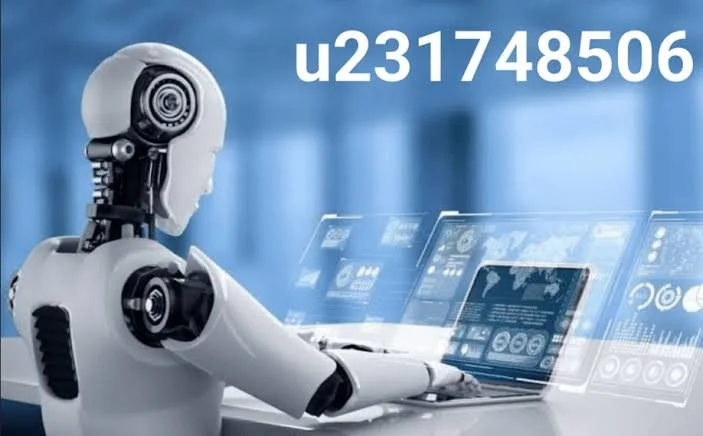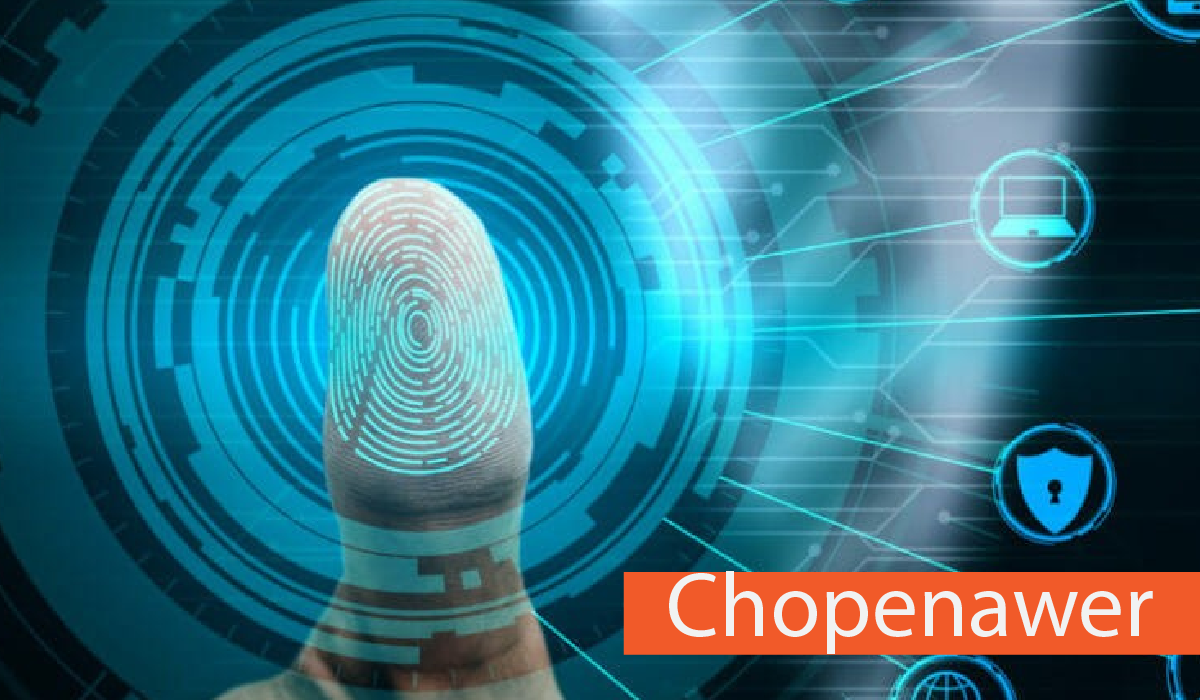In the vast digital world, where endless data points, codes, and identifiers exist, a cryptic keyword like “U231748506” may easily stand out, piquing curiosity about its origin, purpose, and potential significance. This combination of letters and numbers could represent a range of things — from a product serial number, a user ID, a software key, to an abstract code used in technology, business, or even security systems.
The Nature of Codes and Identifiers
To begin, it is essential to understand why such alphanumeric codes like U231748506 are frequently used in different sectors. Codes are often created as unique identifiers to facilitate efficient categorization, tracking, or referencing. These identifiers are invaluable in numerous industries, including manufacturing, software development, cybersecurity, finance, and more. Each number or letter within a code has a distinct role, and together, they form a sequence that has a special significance to a particular system or database.
For example:
- Product Serial Numbers: In the manufacturing sector, each product manufactured may have a unique serial number to ensure traceability. These serial numbers allow manufacturers and consumers alike to track production dates, warranty periods, and versions.
- User IDs: In the world of technology and online platforms, a sequence like U231748506 could serve as a user identification number. Websites, social networks, and cloud services issue these identifiers to differentiate individual users within their databases.
Such identifiers play a critical role in making systems more structured, allowing for easier referencing, maintenance, and data management.
Could U231748506 Be a User ID?
One plausible interpretation of U231748506 is that it may be a unique user ID, commonly assigned by software systems to identify individual accounts. A user ID is typically an alphanumeric string generated automatically by the system for the purpose of managing and identifying users within a platform. This system ensures that every user within a network or database has a distinct identifier.
Consider online banking, social media, or even e-commerce platforms — all of which assign user IDs to help administrators and systems distinguish between different accounts. When a person registers for a service, they are often assigned an ID like U231748506 that is tied to their profile, login credentials, and account activity. Such codes not only improve security but also assist in data organization, simplifying user management processes.
The Role of Alphanumeric Codes in Cybersecurity
Another area where codes like U231748506 become critical is cybersecurity. In this field, unique codes, passwords, or encryption keys are essential for protecting sensitive information from unauthorized access. U231748506 could easily represent part of a larger encryption key or a hash value that is used to secure data transmission or user authentication.
Encryption methods commonly use alphanumeric strings to generate complex codes that encrypt and decrypt data. These codes are nearly impossible for hackers to guess or break without having access to the algorithm or key. This raises the possibility that U231748506 might be tied to an encryption system, emphasizing the importance of codes in protecting personal information, finances, intellectual property, and even government secrets in a digital-first world.
Is U231748506 a Part Number?
In the field of hardware, electronics, and manufacturing, codes like U231748506 are often used as part numbers. Part numbers are unique identifiers that distinguish between various components, machines, or devices. Manufacturers use these codes to organize their product lines, track inventory, and provide after-sales services.
For instance, in the automotive or electronics industry, manufacturers produce thousands of parts, each with slightly different specifications. Retailers and distributors then use this part number to ensure that customers receive the correct product.
For example:
- Automotive Parts: When ordering a replacement part for a car, customers or mechanics rely on part numbers to ensure they get the correct item.
- Computer Hardware: Manufacturers of laptops, processors, or memory devices use part numbers to track compatibility between components and systems.
In this context, U231748506 could be a part number associated with a specific component in one of these sectors.
Software Activation Keys and Licensing Codes
In the software industry, alphanumeric codes like U231748506 often play a crucial role in activating or licensing software products. When you purchase a software license, you are typically provided with a unique activation code that must be entered to validate the product and access its features.
For example, companies like Microsoft or Adobe issue license keys to customers who purchase their software. These license keys are unique and prevent unauthorized use of the software. U231748506 could very well be an example of such a software activation code.
Data and Asset Tracking
In fields like logistics, retail, and inventory management, codes like U231748506 play a pivotal role in tracking assets and goods.
In this context, U231748506 could be a tracking number assigned to a product or shipment.This level of transparency improves efficiency and reduces the risk of lost or misplaced items in large-scale operations.
Why Unique Identifiers Matter
Without unique identifiers, systems would be unable to handle the scale and complexity of modern business, technology, and communication. These codes serve as anchors that tie together disparate pieces of information, allowing systems to function seamlessly.
Moreover, the randomness and complexity of codes like U231748506 add an extra layer of protection against fraud, data breaches, and unauthorized access.
Conclusion
The mysterious code “U231748506” could have a multitude of interpretations depending on the context. Whether it serves as a user ID, a part number, a software license key, or a shipment tracking number, its underlying purpose remains the same: to uniquely identify and differentiate specific items, people, or processes. As we continue to move deeper into a digital and automated future, such codes will only grow in significance, offering ways to streamline systems, enhance security, and improve overall efficiency in both personal and professional realms.







